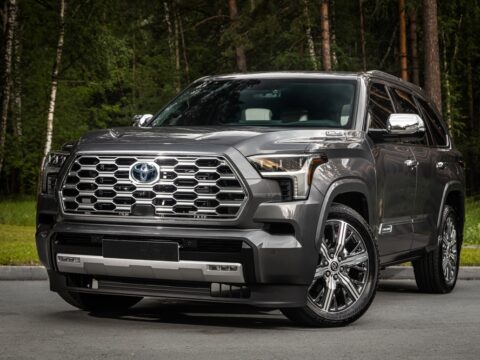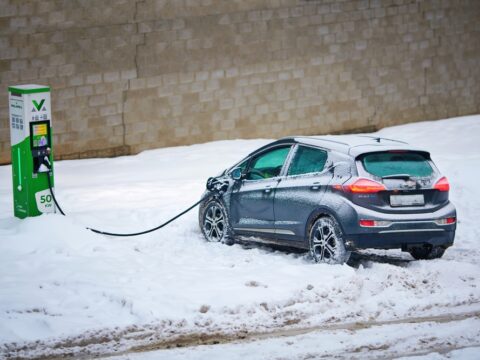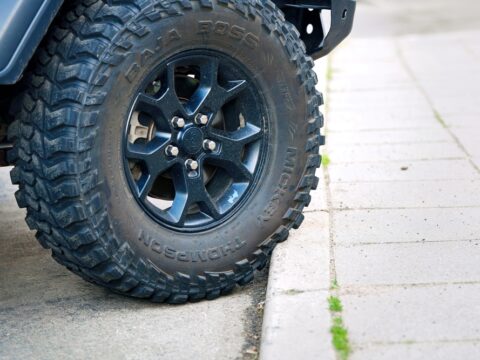As summer rolls in with its blistering heat and relentless sun, ensuring your vehicle is prepared can make the difference between a comfortable drive and a roadside breakdown. High temperatures can be tough on your car, affecting everything from the air conditioning system to the engine’s performance. Taking the time to check and maintain various components of your vehicle not only enhances your safety but also improves your car’s efficiency and longevity. It’s about making sure that you, your passengers, and your car can handle the heat with ease.
From testing the air conditioning to inspecting the tires, there are several key steps every car owner should take as the warmer months approach. This guide will walk you through the essential checks and replacements that should be on your radar. These simple yet effective steps can help ensure your vehicle remains in top condition throughout the summer, allowing you to enjoy your road trips and daily commutes without a hitch. Let’s dive into how you can keep your vehicle running smoothly in the summer heat, ensuring a safe and cool driving experience.
Contents
Testing the Air Conditioning
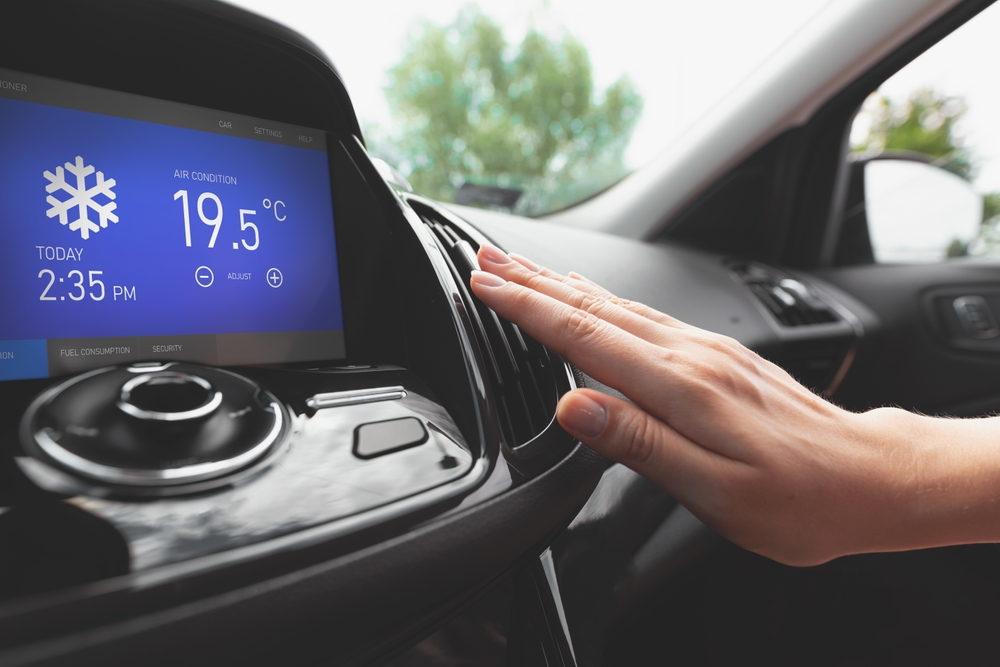
Before the summer heat hits, test your car’s air conditioning to ensure it’s working efficiently. If the air isn’t as cool as it should be, this might indicate a low level of refrigerant or an issue with the AC compressor. Regular maintenance can prevent more significant problems down the road, keeping you cool and comfortable during hot drives.
Check and Change Fluids
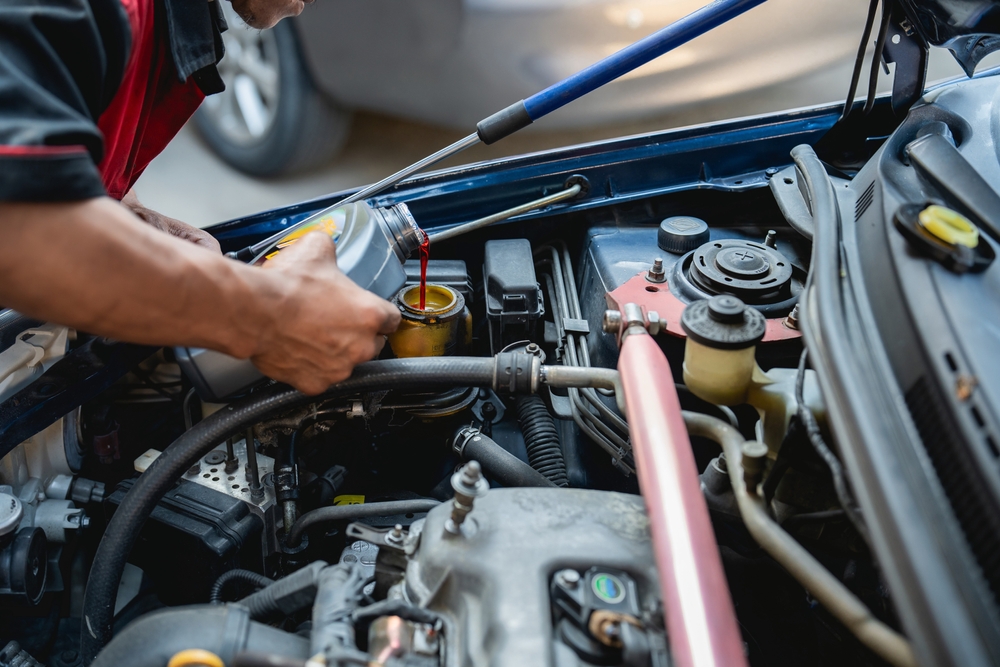
Heat can cause vehicle fluids to deplete faster. Check and top up or change the engine oil, coolant, transmission fluid, power steering fluid, and brake fluid. Ensuring these fluids are at the proper levels and in good condition helps prevent overheating and friction, which can lead to severe engine damage.
Inspect Tires
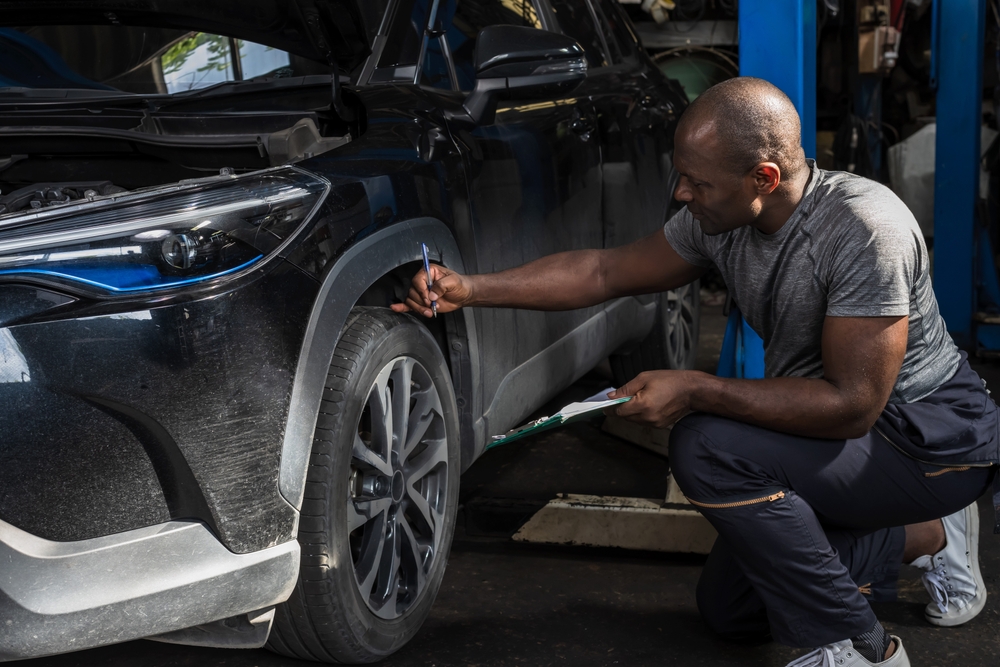
High temperatures can affect tire pressure, leading to underinflation or overinflation. Check your tires regularly to ensure they are inflated to the manufacturer’s recommended levels. Also, inspect the tread for signs of wear or damage to avoid blowouts and improve vehicle handling and fuel efficiency.
Keep Your Interior Cool

Protect the car’s interior from direct sunlight by using sunshades on the windshield and windows when parked. This can help reduce the internal temperature, prevent damage to the dashboard and seats, and make your return to the car more comfortable.
Battery Check
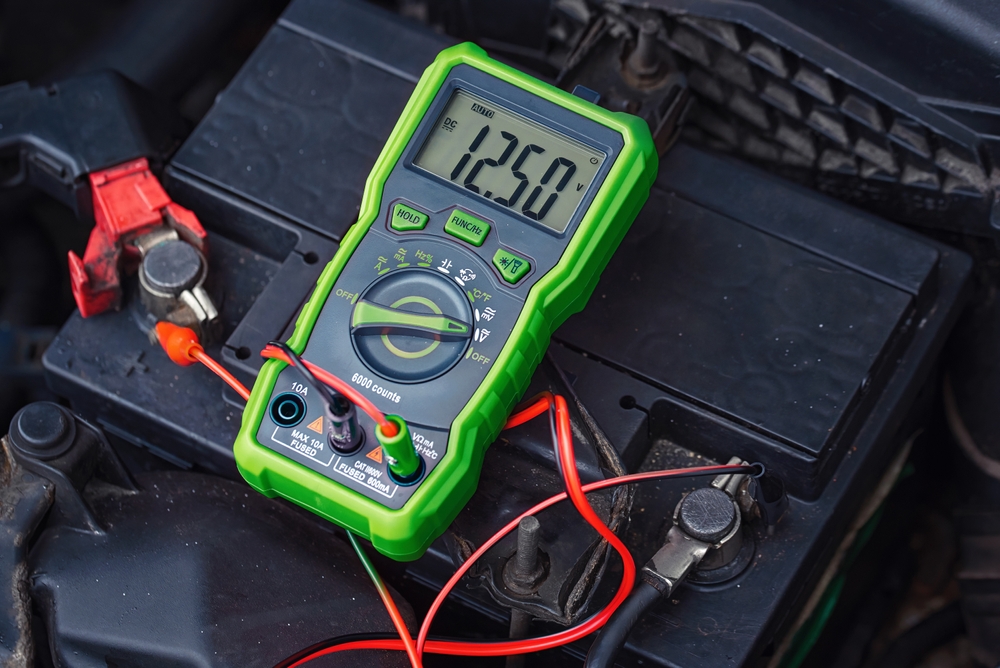
The battery can be severely affected by high temperatures, which can cause battery fluid to evaporate and lead to corrosion on terminals and connections. Check your battery’s charge and clean any corrosive buildups. Consider a battery test at a service center to ensure it’s holding a charge and in good health.
Inspect Belts and Hoses
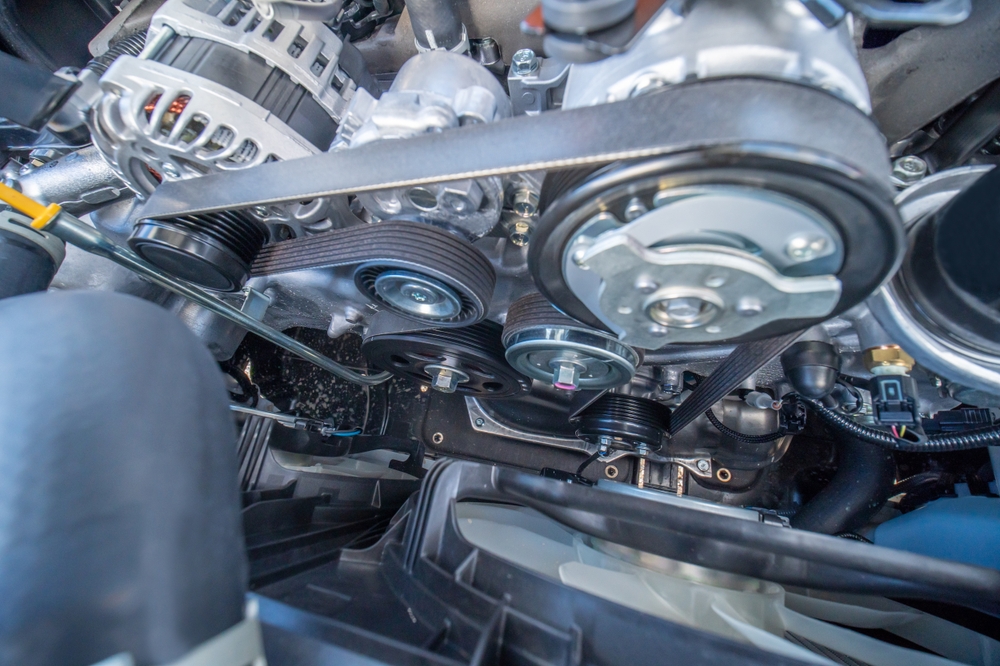
Rubber components like belts and hoses can become brittle and crack in the heat. Inspect these for any signs of wear or damage and replace them if necessary to avoid unexpected breakdowns, particularly with the cooling system.
Replace Wiper Blades
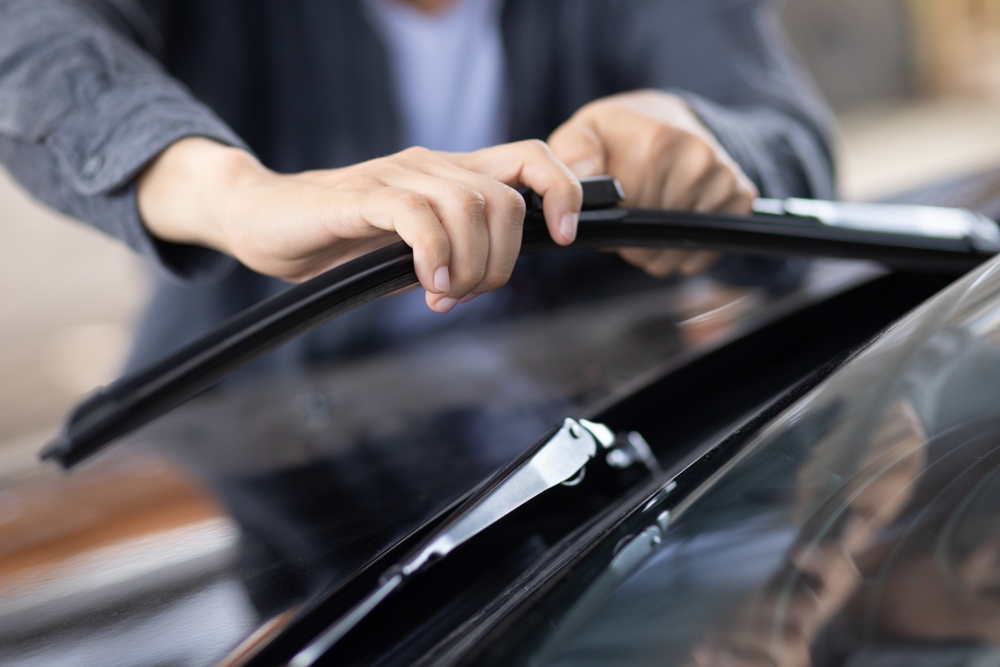
Sun exposure can make wiper blades brittle, causing them to crack or tear. Check your wipers for effectiveness; stiff or cracked blades need to be replaced to ensure you have a clear view during summer showers.
Emergency Kit
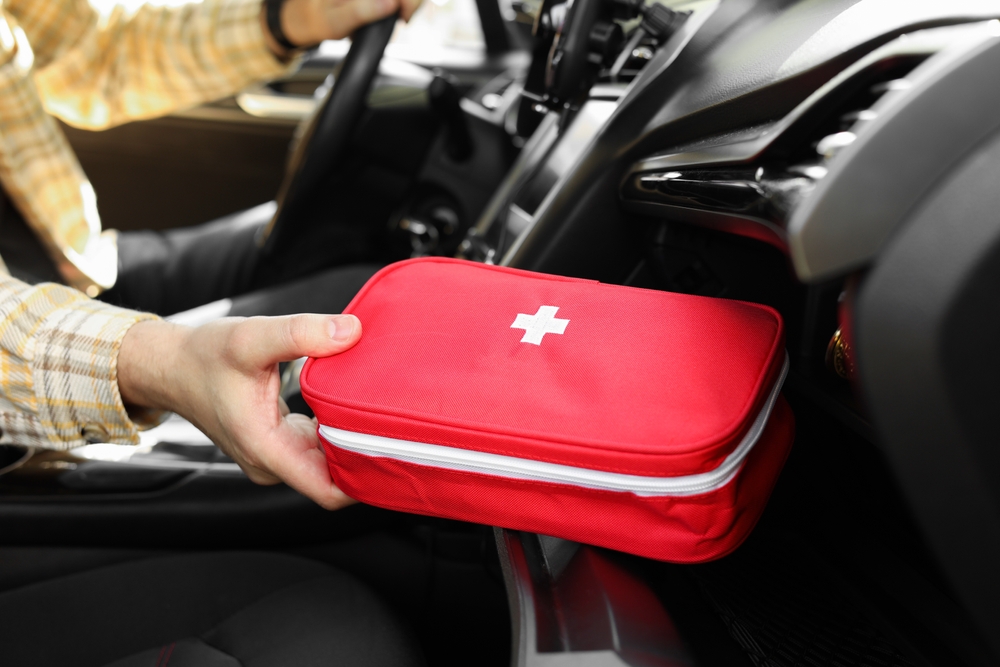
Update your emergency kit for summer travel. Include water, sunscreen, a hat, non-perishable snacks, and basic tools. This kit can be vital if you’re stranded during hot weather, helping you stay hydrated and protected until help arrives.
Check Air Filters
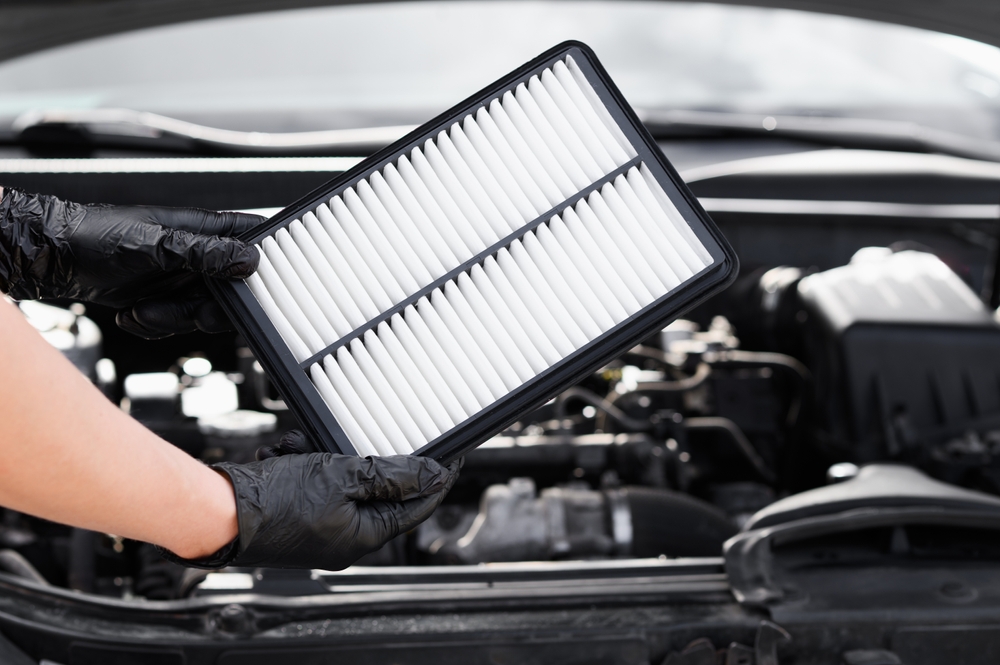
The air filters can become clogged with pollen, dust, and debris, especially during the summer. Clean or replace your vehicle’s air filters to ensure optimal airflow and keep your engine running smoothly and efficiently.
Coolant System Check
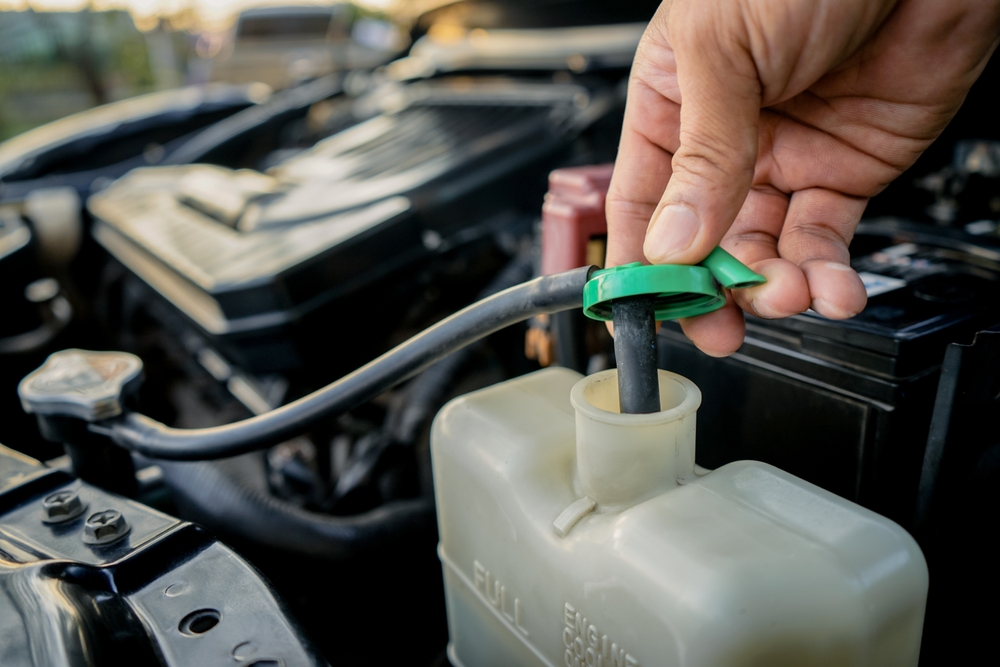
Ensure your cooling system is functioning correctly by checking the radiator, hoses, and coolant levels. It’s essential to have the correct amount of coolant in your system to prevent your engine from overheating.
Light Inspection
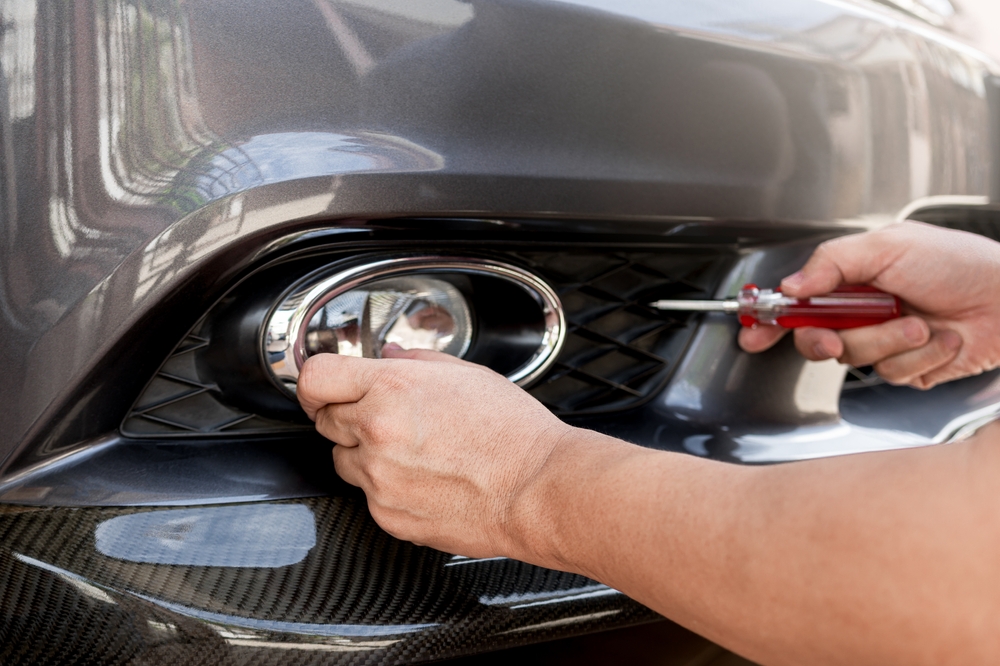
Check all your vehicle’s lights, including headlights, brake lights, and turn signals to ensure they are fully operational. Clear visibility is crucial for safe summer driving, particularly during dusk or rainy conditions.
Check Brake System
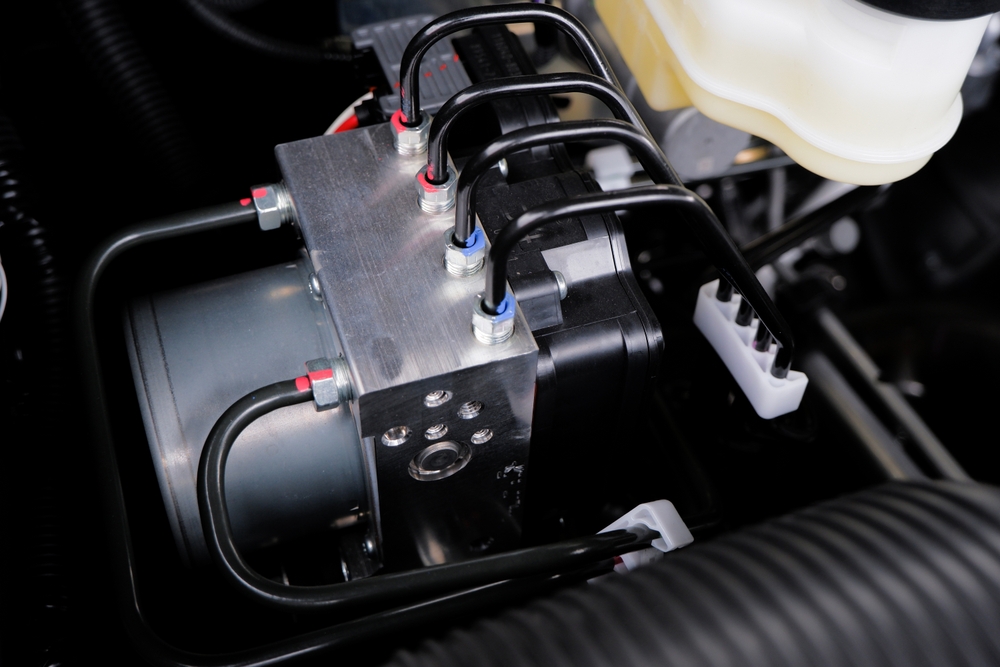
Hot weather can exacerbate any existing issues with your brake system. Check your brake pads, discs, and fluid. Worn pads or low fluid levels can lead to brake failure, which is particularly dangerous during summer when more people are on the road.
Engine Performance
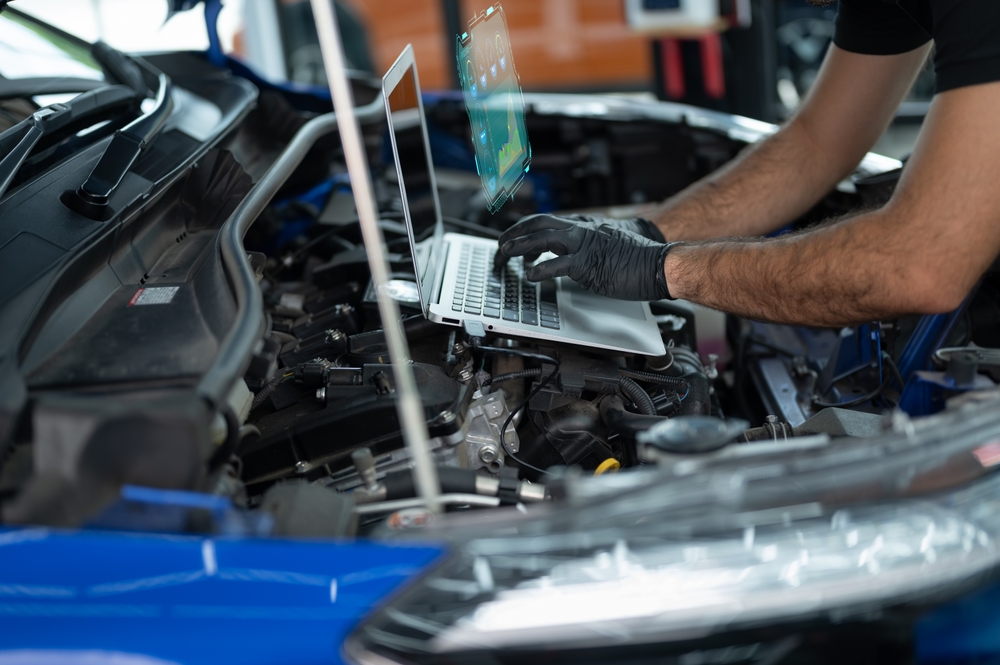
Ensure your engine is tuned up to avoid rough idling or stalling. A well-maintained engine performs better in hot conditions and can save you on fuel costs and potential repairs.
Body Maintenance
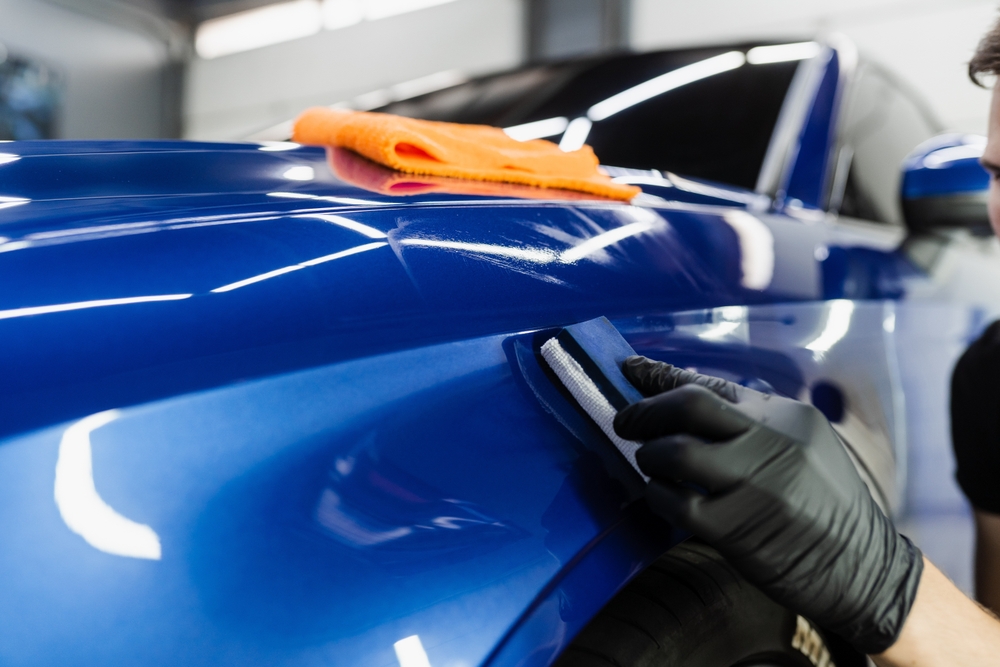
Wash and wax your vehicle regularly to protect the paint from the sun’s UV rays and to remove road salt or grime. This not only keeps your car looking good but also protects the body from rust and decay.
Interior Cleaning
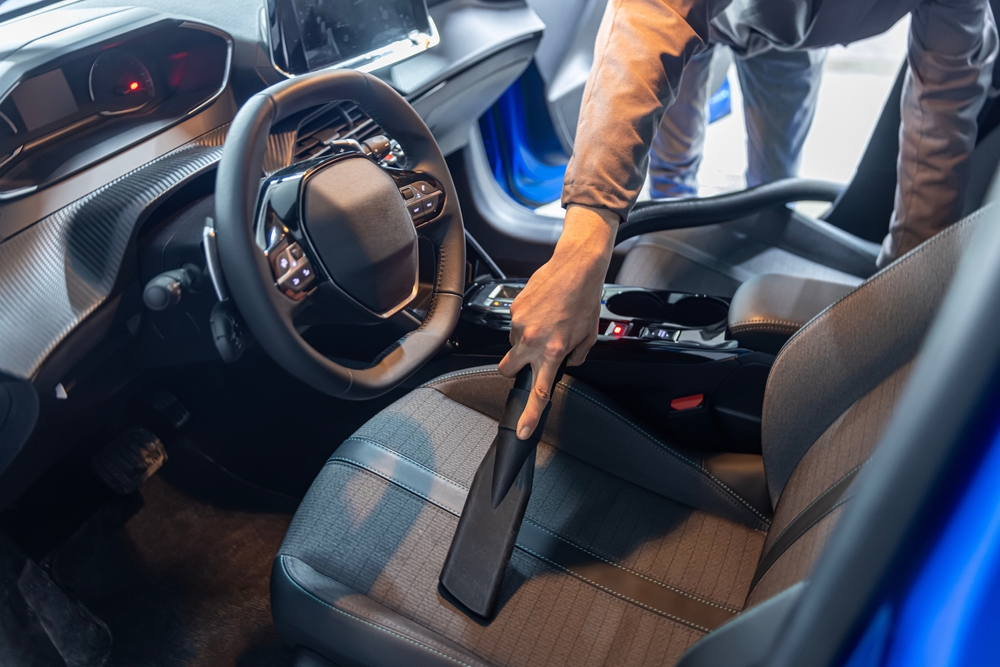
Vacuum the interior to remove dirt and debris that can accumulate during summer outings. Clean leather or fabric seats to prevent stains and odors, enhancing the comfort and appearance of your vehicle.
This article originally appeared on MyCarMakesNoise.
More from MyCarMakesNoise
20 Legendary Off-Road Vehicles Still in Use

Off-road vehicles have a special place in the hearts of adventurers and thrill-seekers. From rugged trails to remote landscapes, these machines are built to handle the toughest conditions. Read More.
10 Iconic Vehicles Powered by the Legendary 426 Hemi Engine

The 426 Hemi engine, synonymous with raw power and unmatched performance, stands as a towering figure in the world of muscle cars. Crafted by Chrysler, this legendary V8 engine redefined automotive performance, making it a favorite among car enthusiasts and racers alike. Read More.
20 Futuristic Car Designs That Didn’t Live Up to the Hype

Futuristic car designs often promise cutting-edge technology and groundbreaking aesthetics, but not all of them live up to the hype. Many ambitious concepts have fallen short of expectations, disappointing enthusiasts and buyers alike. Read More.


